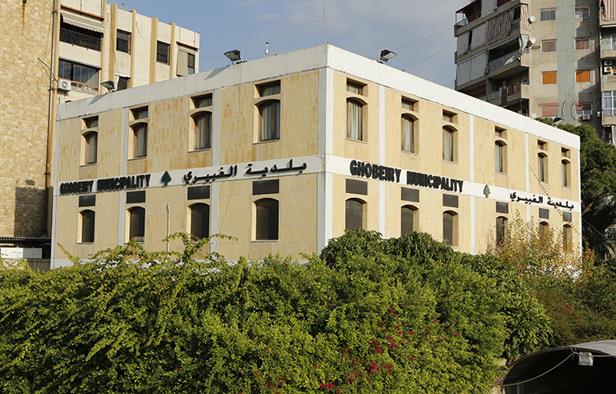Lebanese Shiites disrupting the status quo
Myra Abdallah/Now Lebanon/May 12/16
The electoral dynamics in Lebanon this year are not the same. The civil society in several Lebanese areas is on the rise and competing with established political parties. Last Sunday, the first round of municipal elections in Lebanon took place in Beirut and the Bekaa. In Beirut, the list of “Beirut Madinati”, supported by the civil society and facing off against a list of all established political parties, managed to obtain approximately 40% of the Beiruti votes. The numbers in Beirut were a clear indicator of the changes in city’s power dynamics that have been witnessed recently. Similarly, in Baalbek, the unexpected results showed to what extent civil society in Lebanon is ready for change, and more importantly, not afraid to challenge powerful political parties that were taking electoral victory and citizens’ support for granted. The civil society group “Baalbek Madinati”, who was competing against Hezbollah and its allies in Baalbek, obtained approximately 45% of the votes. The results of the vote in Baalbek revealed Hezbollah’s growing inability to mobilize the community it is supposed to rule over.
Yet, the traditional Shiite parties’ nightmares are unlikely to be over. The rise of independent Shiite voices in Hezbollah and Amal Movement controlled areas seems to be contagious. “Ghobeiry for Everybody” is an electoral list, comparable to “Baalbeck Madinati,” that was formed in an attempt to challenge, this time, in the region that is, or was once, one of the most powerful fortresses for the Shiite parties: Beirut’s southern suburbs (Dahiyeh). In fact, during the last municipal elections in 2010, the Ghobeiry opposition list managed to obtain around 40% of the votes against Hezbollah and Amal Movement, proving that the Shiite community has been questioning its political affiliations for some time now.
“Six years ago, the situation was not the same,” said Gobeiry for Everybody media officer Bilal Kanj. “During the last municipal elections, they underestimated us. This year, [Shiite political] parties are putting a lot of pressure on us since they control the area here.” Dahiyeh has been a Hezbollah security zone for years, and the municipality was taken over by Hezbollah affiliated citizens over 18 years ago. “The competing list is called ‘The List of Development, Loyalty and Reform’. They had a chance for 18 years to undertake reform and they didn’t. Until now, some areas are still being neglected and we all know that none of the municipality boards over the 18 years have worked for the development of the city,” Kanj told NOW.
In fact, Ghobeiry is a city that has hosted numerous citizens who have been displaced during different wars in Lebanon, especially on the southern borders. Yet, according to Ghobeiry citizens, the municipality never worked to ease the burden that was put on the residents’ shoulders. “Inequality is the main characteristic of the city,” said one Ghobeiry resident, who spoke on condition of anonymity. “Only some areas here are being taken care of. The rest is almost totally neglected. During these elections, many residents decided to vote for the alternative list who is trying to achieve equality and planning to execute development work. We are tired of being ruled by the same powers who did nothing for us,” she said.
What happened in Baalbek and Beirut may be encouraging other citizens to speak up against political parties and support the civil society. “The important achievement that Baalbek Madinati specifically did was encouraging the Shiite community to speak up against Hezbollah,” said political analyst Malek Mroue. “Under the name of resistance, Hezbollah took over the municipality and did not really work for the city’s development. It is a very big step for the Shiite community to have independent voices rising against it. Despite the ‘al-Takleef al-Shar’ii’ (commissioning constituents to act based on a religious directive or fatwa), even Hezbollah supporters are running on lists competing with the party because they are trying to make a change.”
Facing this opposition and competition, Hezbollah will not remain silent. Knowing that it has the potential to face more powerful competitors during the elections, the general ambiance in areas under its control does not seem to be in their favor. “Hezbollah tried to pressure us using family affiliations. As a result, one of our candidates withdrew because of family pressure,” said Kanj.
“Although we know that Hezbollah employs threats when facing opposition, no serious incidents have been recorded so far,” said Mroue. “However, when Hezbollah feels that the competition is serious, the party will do anything to preserve its powers.”



















